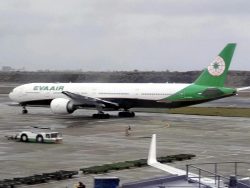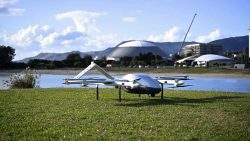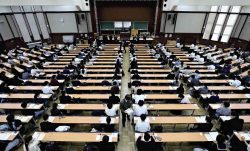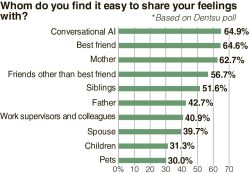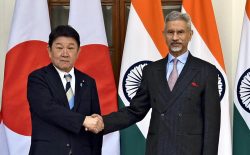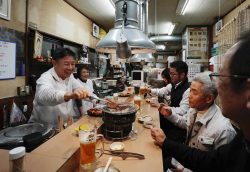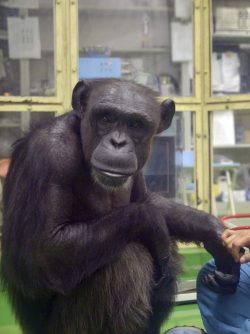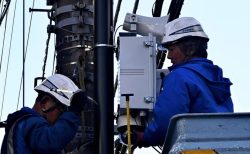Major Airline Companies in Japan Join Forces to Tackle Staff Harassment; JAL, ANA Launch Guidelines to Protect Employees
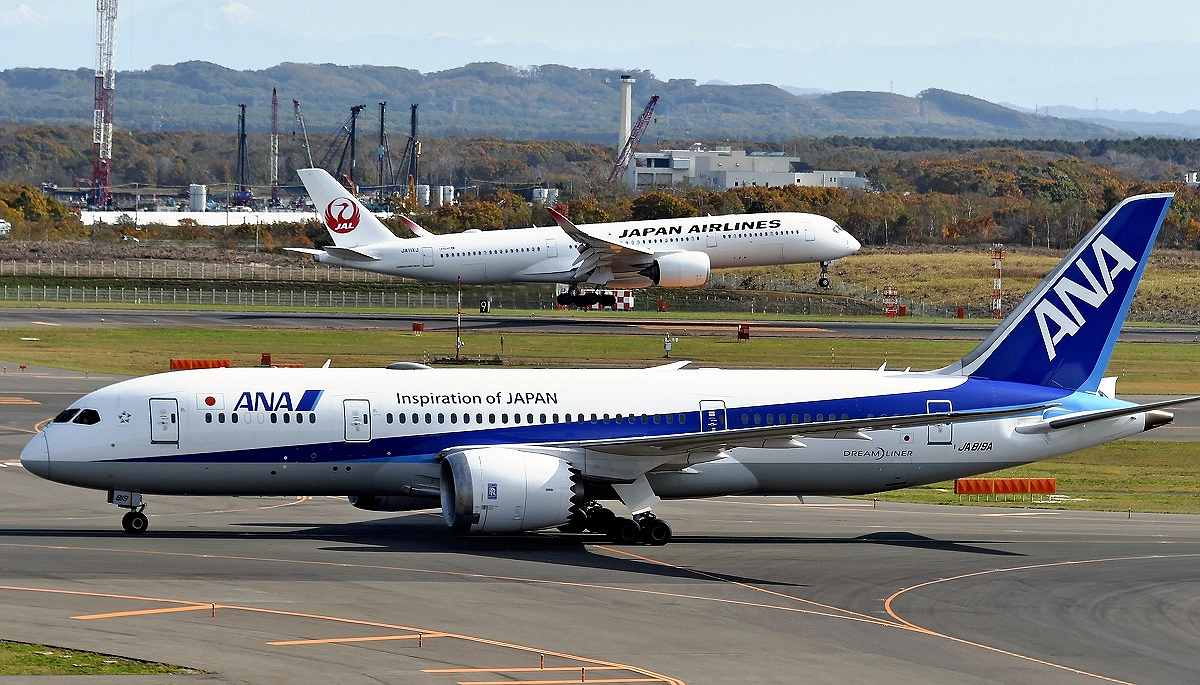
Japan Airlines and All Nippon Airways aircraft are seen at New Chitose Airport in Hokkaido in October 2023.
20:00 JST, June 29, 2024
ANA Holdings Inc. and Japan Airlines Co. have jointly developed guidelines to help protect employees from unreasonable customer demands, the two companies announced on Friday.
The airlines say they have mapped out a basic policy to make it easier for the industry to respond to what has become known as “customer harassment” by providing a clear, common definition and classification of the term.
Under the guidelines, customer harassment is specified as “actions by customers that take advantage of their superior position to commit illegal acts or make unreasonable demands, harming the work environment of employees.” The policy makes it clear that the companies will respond to such acts in an organized manner. Specific actions in the guidelines are classified into nine categories, including verbal abuse, assault and sexual harassment.
The policy also gives examples of “excessive demands,” such as requests for compensation beyond company regulations, or seat upgrades. Acts of “deceiving employees,” such as the fraudulent use of boarding passes, or false claims of damage to baggage, are also included. “Sexual harassment” includes acts such as taking unauthorized photographs, indecent acts and following employees around.
Before the guidelines were announced, the companies had no unified standard of rules. By clarifying the definitions of unreasonable acts, front-line workers will find it easier to determine whether a passenger’s words or actions constitute harassment. The establishment of the guidelines is also intended to prevent harassment before it occurs by making customers aware of the rules.
ANA and JAL each saw about 300 cases of customer harassment within their companies over last fiscal year. According to a 2022 survey conducted by the Japan Federation of Aviation Industry Unions, of which the labor unions of both companies are members, more than 70% of flight attendants said that they had or believed to have been voyeuristically photographed or videotaped without permission during a work shift. 37% of the employees said that they had been subjected to customer harassment within a year.
“If the industry becomes less attractive, fewer people will want to work in it. This is a problem that cannot be left unaddressed,” said a director of customer satisfaction promotion at ANA.
"Business" POPULAR ARTICLE
-

Japan Govt Adopts Measures to Curb Mega Solar Power Plant Projects Amid Environmental Concerns
-
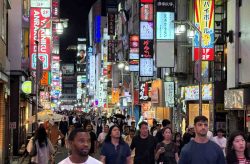
Core Inflation in Tokyo Slows in December but Stays above BOJ Target
-

Major Japan Firms’ Average Winter Bonus Tops ¥1 Mil.
-

Institute: 2026 Condo Supply in Tokyo Metropolitan Area Forecast to Increase by 2.2%
-

Mcdonald’s, Starbucks in Japan Move Away from Paper Straws Amid Customer Dissatisfaction
JN ACCESS RANKING
-

Japan Govt Adopts Measures to Curb Mega Solar Power Plant Projects Amid Environmental Concerns
-

Core Inflation in Tokyo Slows in December but Stays above BOJ Target
-

Major Japan Firms’ Average Winter Bonus Tops ¥1 Mil.
-

Tokyo Zoo Wolf Believed to Have Used Vegetation Growing on Wall to Climb, Escape; Animal Living Happily after Recapture
-

JAL, ANA Cancel Flights During 3-day Holiday Weekend due to Blizzard


